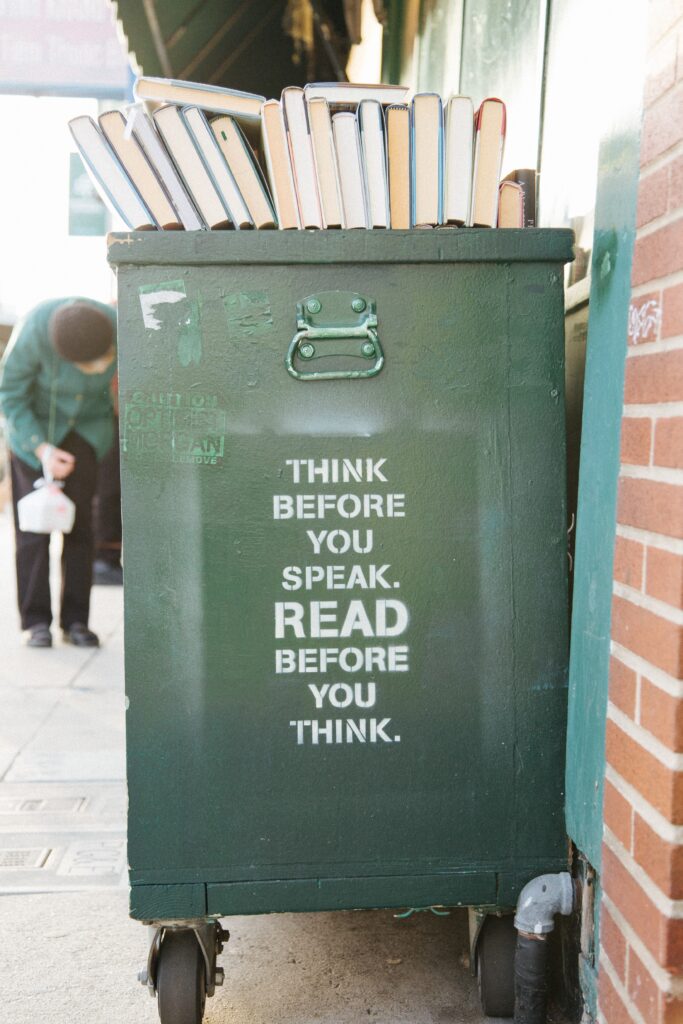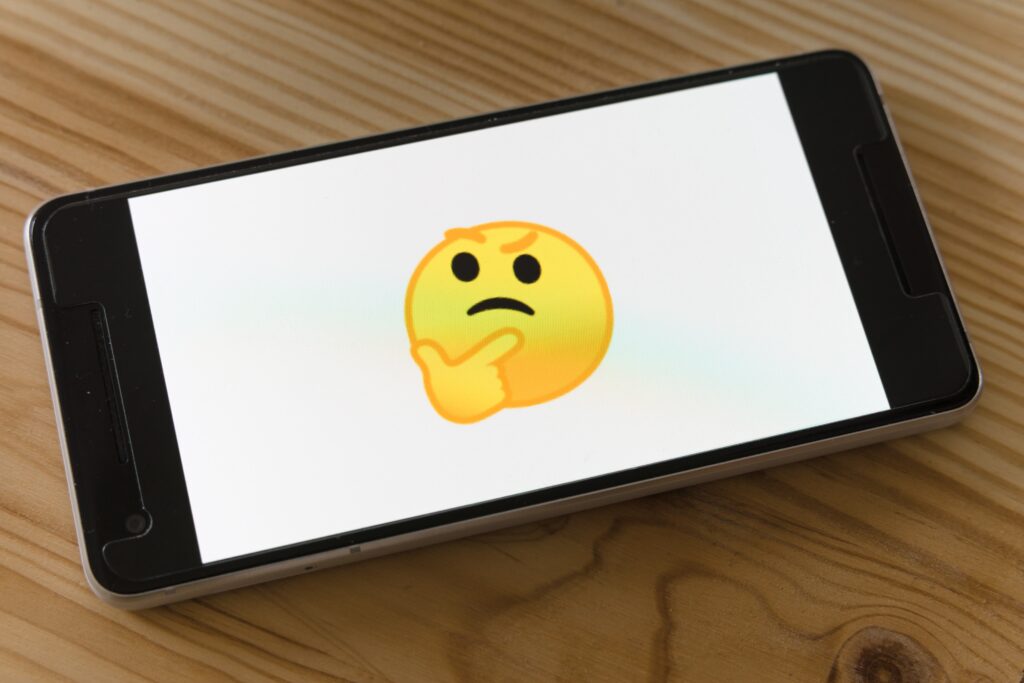“You mean the things on the Internet are not true?” questioned Alana. My 17-year-old daughter had been researching information about stomach pain on the Internet and came to me because she was sure that something was horribly wrong with her stomach, based on what she had read. Determining if the information you read on the Internet is true is difficult for everyone, but if you already have learning differences, the task is overwhelming and much more complex.
“When you research information on the Internet, if you come across a well-built, content rich site, you think they are an expert,” explained Julie Yost, Adjunct Professor at St. Mary’s University of Minnesota. “But they might not be experts. They just got themselves a blog. Anyone can create a blog. Heck, even my sister can get a blog!”
The need for critical thinking skills
Yes, Julie is my sister, but she also knows what she is talking about. For six years, she has taught a class called, “Creative Problem Solving and Critical Thinking.” She guides people in learning how to ask the right questions to solve many types of problems. These questions are the main tools for critical thinking and apply beautifully to evaluating websites.

What questions do we need to ask?
How do we help ourselves better determine which websites provide valuable information and which sites provide information that we need to question or research further? According to the book, Asking the Right Questions: A Guide to Critical Thinking, by M. Neil Browne and Stuart M. Keeley, we need to ask the right questions.
1. How credible is the source or the creator of the website?
When researching on the Internet, we need to look at the source. Is the site associated with a well-known agency, such as Mayo Clinic or Centers for Disease Control for medical information? Or is the site created by one person who is explaining his or her belief system and what works for them? That site has value, but perhaps additional research to support the claims of a personal website are needed.
Along those same lines, is the website quoting actual experts with degrees and research related to the topic, or are the “experts” presenting their ideas that are not supported by a wealth of data?
2. Does the creator of the website have a potential bias or conflict of interest?
If the website is explaining a problem and then offering a fix if only you buy their products, sign up for their monthly subscription, or do something else where they benefit financially, then the information might be suspect. Of course, sometimes their fix is totally valid and truthful, but make sure that you are understanding who is benefiting from the visitors to the website and the products offered.
One idea is to search other websites and see if you can find more data about the topic. What additional websites support that idea and what additional websites disagree? I have also taught Alana to google the website author’s name and/or company and include the word “scam”, such as “Are Fred Flintstone vitamins a scam?”
3. What type of logic and reasoning is the author using?
Is the author/website presenting a personal story as evidence or is it based on a controlled scientific research study? For example, perhaps one person felt that eating oranges every day “caused” their stomach cancer. When reading that we should ask ourselves whether that would be true for us? Can I find any other websites that support that person’s opinion? How is that person similar or different than me?
Julie explained that often sites will have fallacies in their reasoning. For example, there are more sales of ice cream in the summer. There are more strokes in the summer. Therefore, ice cream cause strokes. Even though both statements are true, the conclusion is not valid. Look for this type of reasoning on websites.
Julie also stated that you should look for ambiguity in their reasoning. For example, let’s say a website claims their sleeping pill is “the best and works in 30 minutes.” What does that really mean? Best in what ways? Is it the best because you fall asleep so quickly or because you wake up with a clear head? What does “works in 30 minutes mean?” Are you relaxed in 30 minutes or unconscious? Look for words that could be misleading or do not provide specific information.

Importance of critical thinking
I am trying to help my daughter understand these questions and start to evaluate the websites herself. With her learning differences, she is too trusting and easily swayed. I need her to understand that there is a lot of misinformation and scams on the Internet before she shares our bank account with a Nigerian Prince who needs her help to get his fortune out of the country. Once he has transferred the money, Alana told me that he promised he would reward her with a share of the treasure!